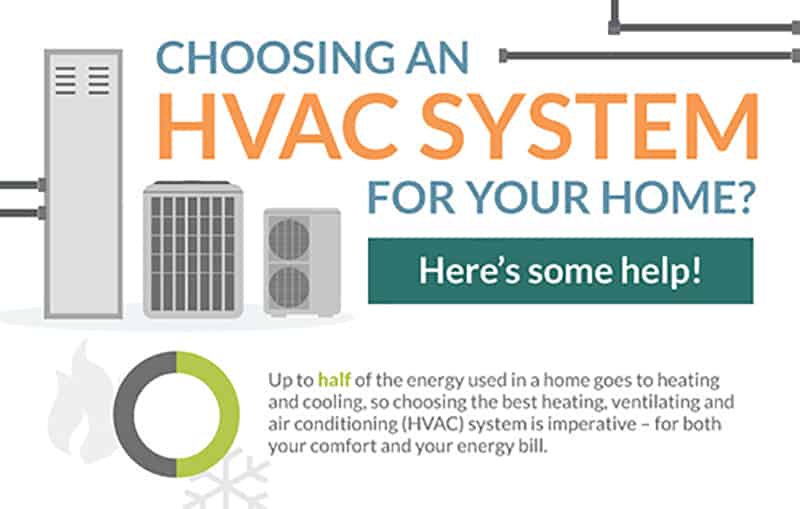Heat Pump Vs Heating System - Which Is The Better Heating Option For Your Home?
Heat Pump Vs Heating System - Which Is The Better Heating Option For Your Home?
Blog Article
Writer-Austin Matthiesen
Several house owners are familiar with heating systems, which heat homes with oil or natural gas and press hot air with ductwork. They are relatively cost-effective and can provide trustworthy heating also throughout a wintertime power interruption.
However, they use nonrenewable fuel sources and produce carbon monoxide and other air contamination. They likewise aren't as energy-efficient as a high-efficiency heat pump.
Cost
Usually, heatpump are much more budget-friendly to run than furnaces. They commonly make use of electricity and cooling agent to essence heat from exterior air, and after that transfer it right into your home. You can make use of less costly electricity prices during off-peak hours to even more lower your heating expenses.
Unlike heat pumps, gas or wood-burning heaters use burning to create heat, sending out flue gases right into the environment that can be unsafe to your health. These heaters are additionally much less energy-efficient than heat pumps, and their greater operating costs can build up with time.
Furnaces are much more difficult than heat pumps and require regular maintenance to ensure the appropriate feature of all components. Regardless of this, they often tend to last longer than heat pumps with a common life expectancy of two decades or more. Nonetheless, you'll need to consider the expense of gas, gas oil or timber and the additional equipment required for setup and operation such as ducts and ventilation systems.
Power Efficiency
Heat pumps have a greater power effectiveness ranking than furnaces. These systems use power to scavenge warmth from the air, also in freezing temperatures. They can additionally get rid of excess heat from the home during warmer months and recycle it to cool down the system. Provider experts can assist you determine the very best model for your home based on environment and resource power prices.
Heating systems melt gas oil, lp, gas or other kinds of fossil fuel to heat up the air in the home. This air is then distributed through ductwork making use of a big follower. Heaters produce greenhouse gases and need routine upkeep and devices upgrades to guarantee secure operation.
The greatest advantage of a heating system is that it can be operated also in harsh winter season problems since it does not rely upon exterior temperatures to warm the air. Heating systems additionally have a longer life-span than heat pumps and usually last 15 years. They can likewise be paired with double fuel choices, which pick one of the most reliable home heating choice based upon the weather.
https://docs.google.com/spreadsheets/d/1OF6iqsyIAkh2jXHF5MQcFBxUuLa7aTTJPBnZ4DhDyVo/edit?gid=171669585#gid=171669585 in moderate environments and utilize much less source energy than furnaces. Nonetheless, if your region is remarkably cool, you might need to buy a basic gas heating system rather.
Heaters supply warm, comfy warm and typically provide rapid heating to elevate interior temperature levels. These systems can be made use of with a variety of fuel kinds, consisting of natural gas, gas, oil or power.
They consume extra energy than heat pumps-- as much as 3x as much-- and call for ductwork that's expensive to install or retrofit. They're also more pricey to maintain, as they can create air top quality concerns and create greenhouse gas emissions.
If you're devoted to reducing your carbon impact, a heatpump is a good selection for your home. They have fewer greenhouse gas emissions than furnaces, particularly if you choose an ENERGY CELEBRITY ® heatpump. Your neighborhood Provider specialist can describe the distinctions in between these 2 furnace and assist you make the most effective choice for your unique requirements.
Personal Preferences
Heating systems can be extremely power efficient when powered by gas, propane or oil, yet they aren't as energy efficient as heat pumps in freezing climates. They can likewise be a lot more costly to install, requiring gas lines and ventilation systems.
However, furnaces often tend to require much less upkeep, which can result in reduced recurring prices. They generate less greenhouse gases and are extra reliable than heat pumps during severe weather.
https://northernontario.ctvnews.ca/ontario-northland-inks-109m-deal-with-metrolinx-to-refurbish-dozens-of-go-transit-railcars-1.5855011 are a lot more versatile in creating interior convenience due to the fact that they can additionally act as air conditioners throughout warmer months. They can be easier to keep, requiring just routine air filter adjustments and periodic vacuuming.
If you choose the ease of a single system that does it all, take into consideration a hybrid heating solution that sets a furnace with an electric heat pump. These systems can automatically switch between the two heating options based upon your home's needs and temperature level conditions, maximizing efficiency and cost savings.